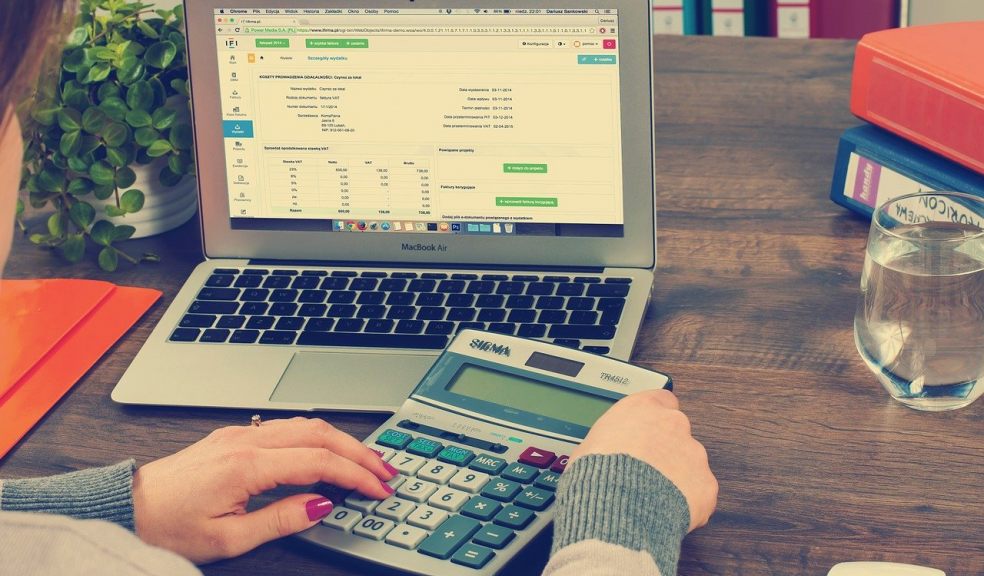
VAT – the Big Issue of the Post-Brexit World
VAT, as you may know, is an indirect tax that is applied to all sales – including business-to-consumer and business-to-business sales. At the moment, the laws of the European Union guide the VAT system of the UK.
In fact, the EU has its own VAT system that all of the member states use. However, once we enter the post-Brexit world, it goes without saying that VAT will change, probably for both businesses and consumers.
In short, business owners may soon have to use another type of VAT calculator in order to find out how much they have to pay for the goods that they import – and export as well.
The VAT in a Post-Brexit World
Reportedly, the domestic VAT rules will remain the same after Brexit – this means that consumers will not be affected by the following VAT changes. This is because, as the no-deal Brexit suggests, the only thing that will change is how VAT is changed when a business imports from and exports to the EU.
- Currently, since the UK is part of the EU VAT area, UK-based businesses don’t have to register for VAT in each country that they trade with. This aspect is very important, mainly because once the UK leaves the EU, businesses that want to trade with members of the EU will have to register for VAT in those countries.
Let’s now take a look at the things that will change, in terms of VAT, after Brexit.
Selling Goods Outside of the UK
Now, an organization that is VAT-registered in the UK can engage in a zero-rate sale if they sell VAT-eligible goods to another VAT-registered business that’s located in a different country.
If that other country is a member of the EU, then the sale is marked as a dispatch. If not, it is marked as export.
This means that, after Brexit, each sale of goods outside of the UK will be considered an export – the EU business that you supply will have to account for both VAT and customs on the goods.
This may leave UK-based businesses without buyers. Some smaller businesses were expected to face enormous regulatory hurdles, especially those businesses selling fresh produce. A long-term reduction in EU trade was also forecasted last year.
But were the early forecasts close to the actual results? Despite the earlier projections, there was an increase in exports outside the EU. As compared to the first five months of 2020, trading with non-EU countries grew faster, which rose by 8%, and EU increased by 5%. The data shows that the UK is slowly recovering from the changes post-Brexit in the new normal.
Selling Goods to Consumers
Currently, a UK business that sells goods to individuals or businesses that are non-VAT-registered engages in a trade known as distance selling. In this case, the customer pays the VAT.
If a no-deal Brexit happens, the UK will no longer be able to engage in distance selling and businesses will have to zero-rate any sales. This means that the EU purchaser will have to pay customs and local VAT to their government.
What are the impacts of Brexit changes on consumers? Consumers can expect an increase in prices. Brexit brings uncertainties at ports and airports when it comes to country access because of border controls revisions being in place. Getting through customs can cause potential delays. Also, there are fewer routes for travellers.
Bringing Goods in the UK
After Brexit, the VAT practiced by the UK will be due on goods at the same time when customs duty is due – namely, when they enter the UK from the EU.
At the moment, UK businesses that bring goods in the UK pay VAT only when they successfully sell the goods to their customers. Businesses can pay VAT in compliance with the Brexit changes using a VAT calculator to avoid dealing with complex formulas.
For a UK business exporting or importing goods in or out of the EU, profitability can be affected due to tariffs and unbudgeted costs. Supply chain issues and financial meltdown follow if a business is unprofitable. Hence, it's crucial to manage the supply chain and commercial procurement contracts effectively.
The Bottom Line
Overall, the business sector of the UK may be largely affected. Every single business will have to consider every import and export they engage in – whether it is with a non-EU country or with a member of the EU and so on.
Moreover, since the UK will no longer be a part of the EU, every UK-based business will have to use the 13th Directive Scheme for VAT instead of the 8th Directive Scheme that they currently use.
The 13th Directive, as you may have guessed it, applies only to non-EU states.

















